
Climate change is reshaping the world around us, and one of the most profound impacts is on our water resources. In this article, we will explore the intricate relationship between climate change and water, examining the challenges we face and the innovative solutions available.
As temperatures rise globally, the stress on water resources intensifies. Changes in precipitation patterns, increased evaporation, and melting glaciers contribute to the alteration of water availability in different regions. The consequence is a growing challenge of managing water supply in the face of a changing climate.
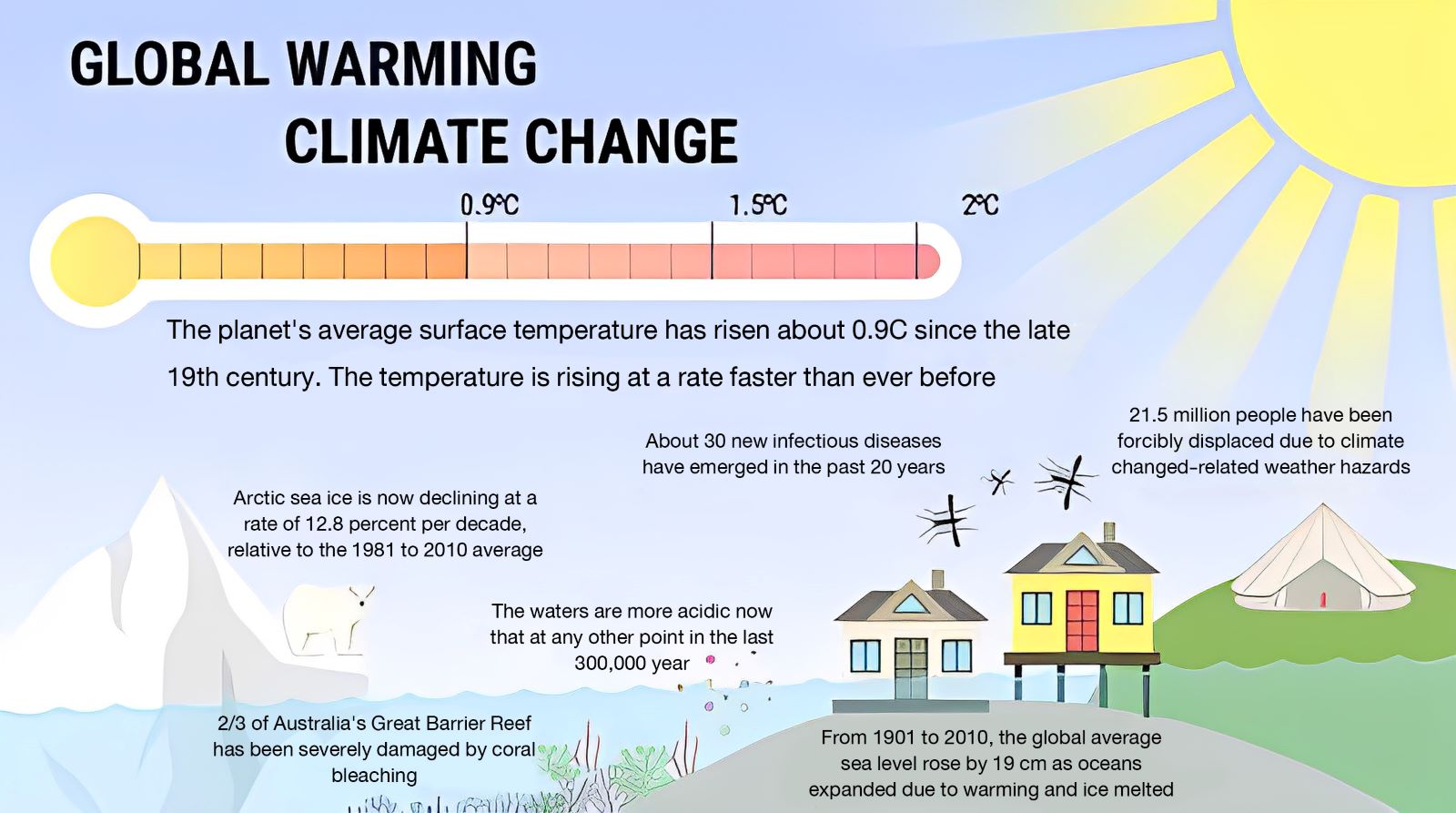
Addressing water scarcity requires a multifaceted approach. Sustainable water management practices, efficient irrigation techniques, and community involvement are key elements in ensuring a more water-secure future. It’s a critical step toward building resilience in the face of growing water challenges.
The global water crisis is reaching unprecedented levels, impacting urban areas and rural communities alike. Recognizing the severity of the crisis is the first step toward implementing effective and equitable solutions. This involves not only technical interventions but also social and policy changes to ensure access to clean water for all.
Water quality degradation is another facet of the climate change-water relationship. Increased temperatures and changing precipitation patterns can lead to contamination, posing a threat to human health and ecosystems. As we discuss water challenges, it’s crucial to consider the quality of the water we have left and the steps needed to preserve it.
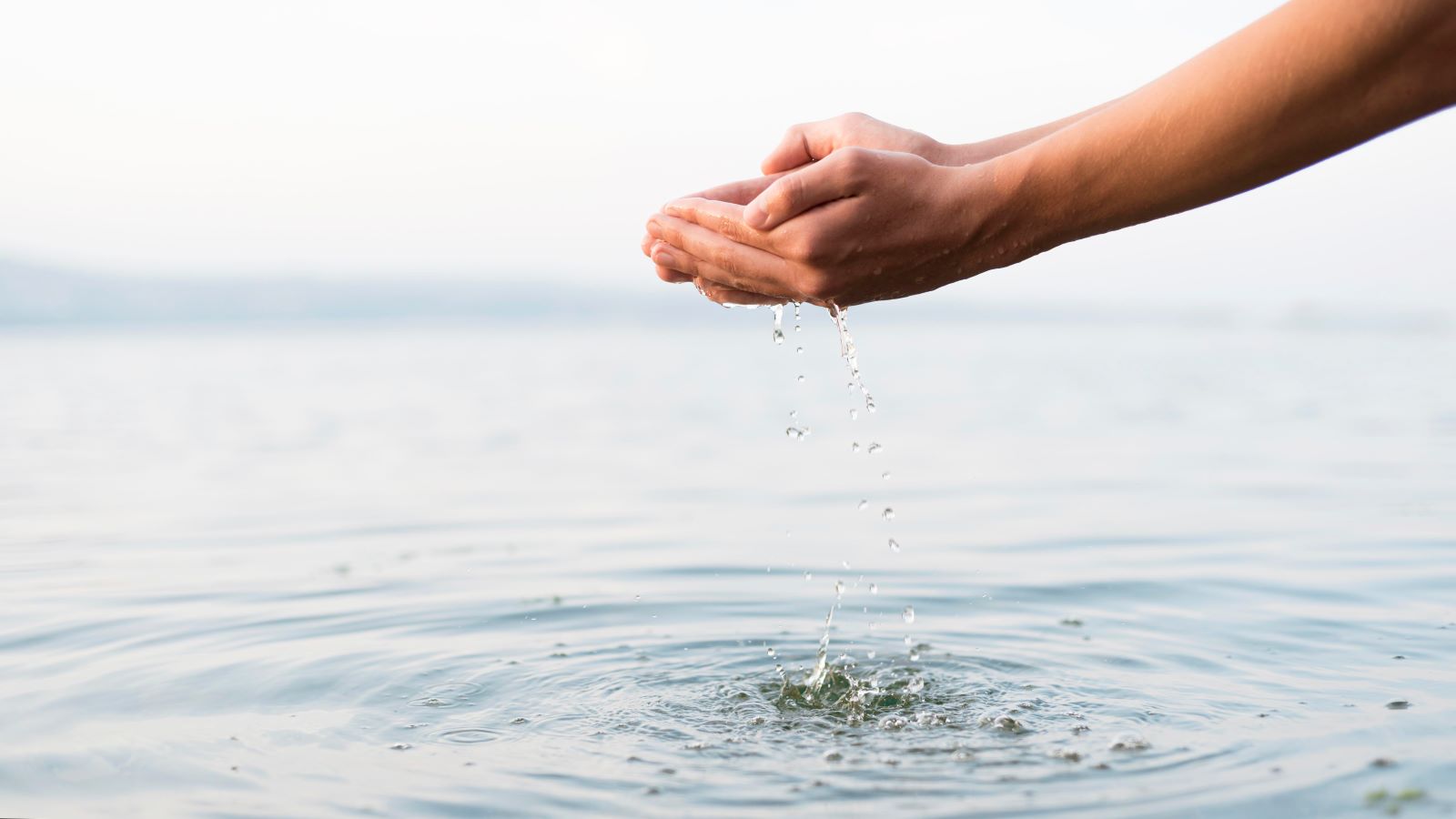
Drought, intensified by climate change, has severe implications for water supply. Exploring strategies for drought preparedness and resilient water supply systems is crucial for communities facing these challenges. This includes adopting innovative technologies and rethinking traditional water management practices.
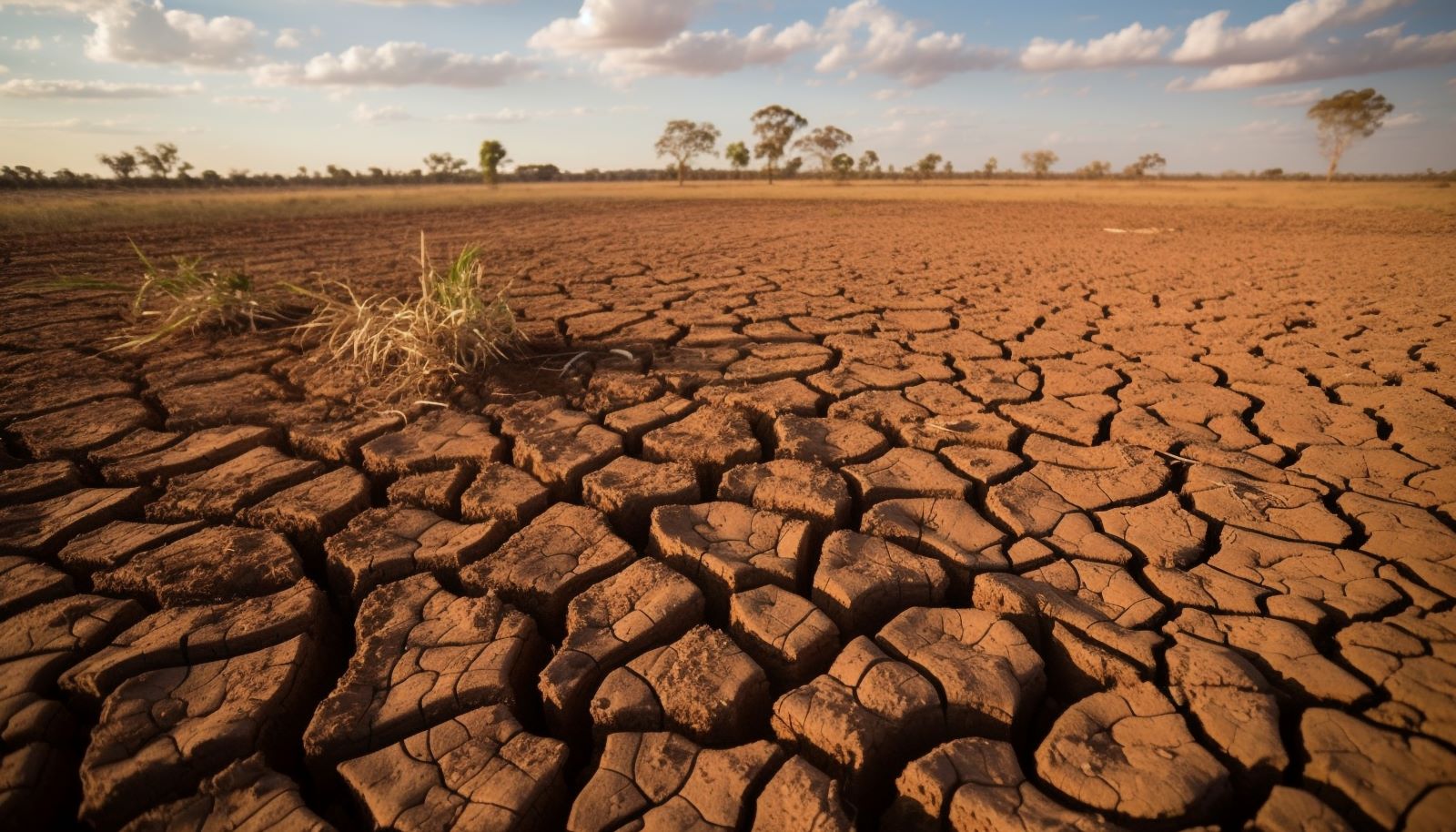
The rise in sea levels has far-reaching consequences for freshwater resources, especially in coastal areas. Understanding the intricate balance between saltwater intrusion and freshwater availability is vital for sustainable coastal water management. It’s a complex issue that requires collaboration between communities and nations to develop effective adaptation strategies.
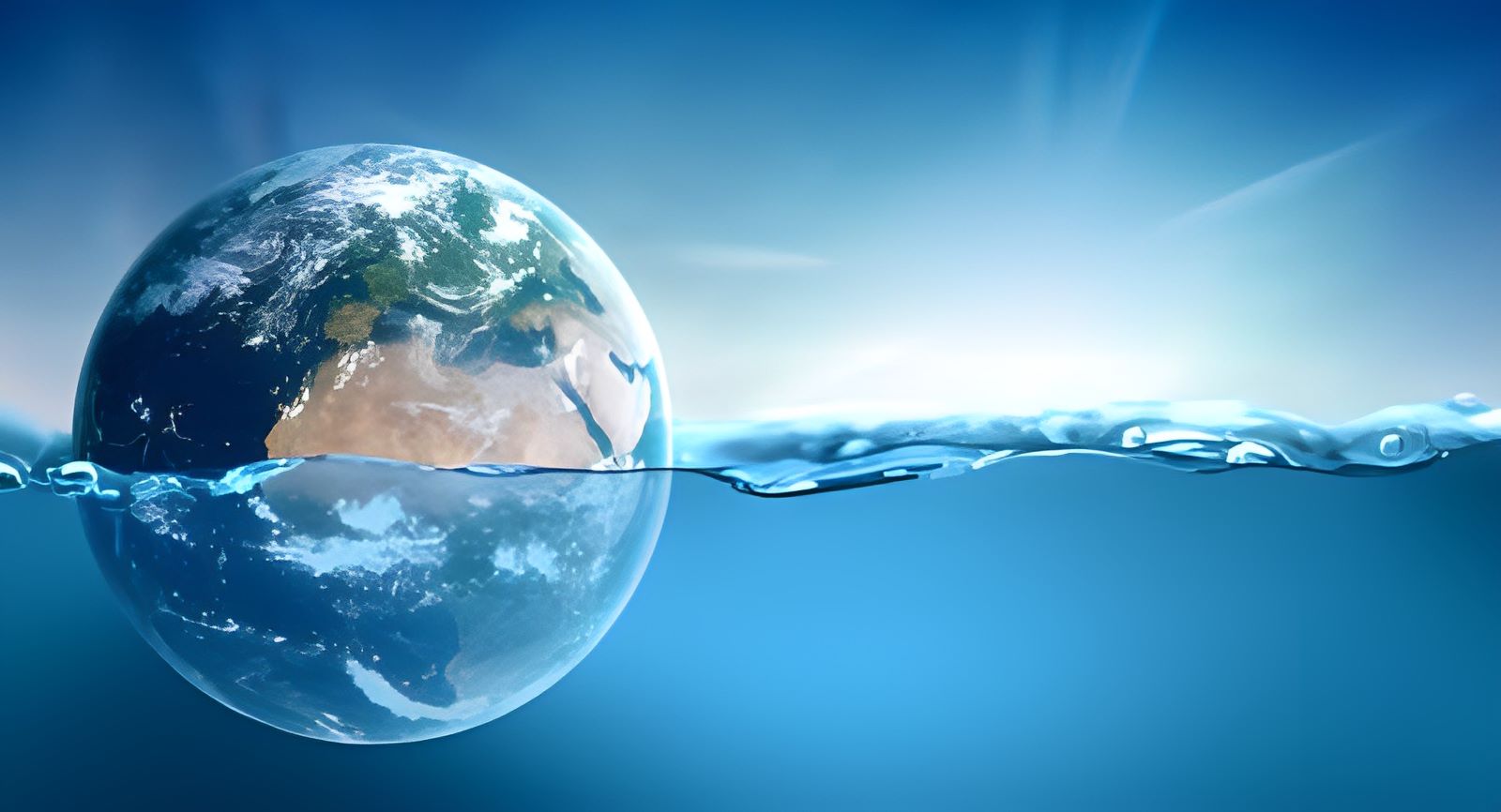
Implementing sustainable water management practices is essential for mitigating the impact of climate change. This includes efficient water use, conservation measures, and the integration of innovative technologies. Sustainable practices not only address current challenges but also contribute to long-term water security in a changing climate. These innovative technologies has been developed by Swiss Thai Water Solution, in order to provide affordable, efficient and sustainable solutions to the populations in needs.
Adapting to changing water availability is a necessity for communities and nations alike. Developing adaptive strategies and resilient infrastructure can help mitigate the adverse effects of water scarcity. It’s a proactive approach to building a future where water resources are managed with foresight and sustainability in mind. Investing in climate-resilient water treatment systems is crucial for ensuring reliable water supplies in the face of extreme weather events and long-term climate changes. This involves not only technological advancements but also policy initiatives that prioritize resilience in water resource management.
*The images shown are for illustration purposes only and may not be an exact representation of the product.
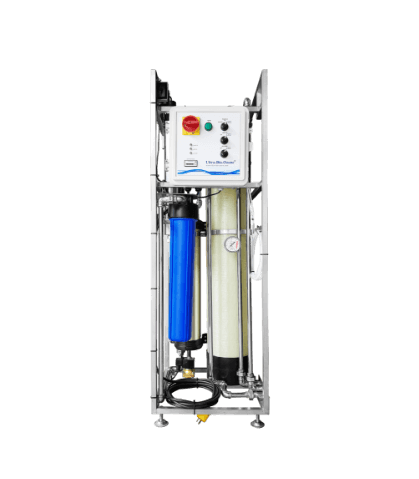
UBO-ACS I SYSTEM
Supplies up to 4 water points
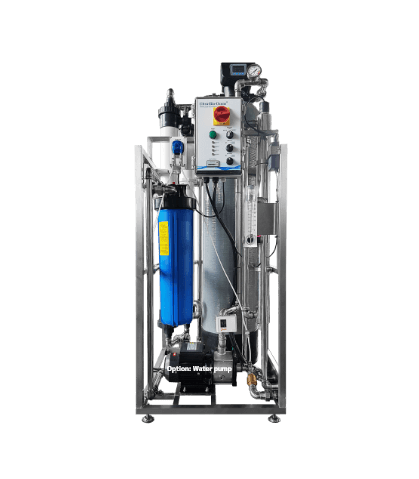
UBO-ACS II SYSTEM
Supplies up to 6 water points
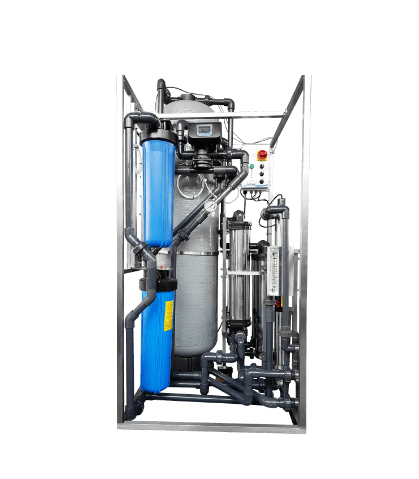
UBO-ACS I SYSTEM
Supplies up to 8 water points
Understanding how temperature changes influence water availability is key to developing accurate models for predicting future water resources and implementing effective adaptation strategies. By studying these relationships, we are working everyday to create solutions that address the challenges posed by a changing climate.
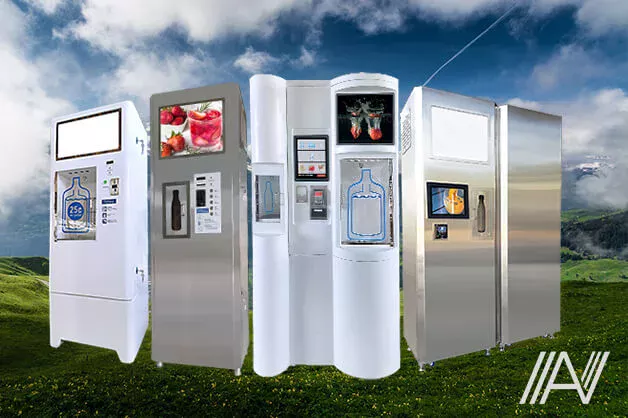
In conclusion, the impact of climate change on water resources is a complex and urgent issue that requires global attention. By exploring the challenges and potential solutions discussed in this blog post, we can work towards a more sustainable and resilient water future for generations to come. Let us be stewards of our precious water resources, adapting to the changing climate and fostering a more water-secure world.
Explore our water treatment systems for both drinking water and sanitary water on our website at this page ultra-bio-ozone.com
